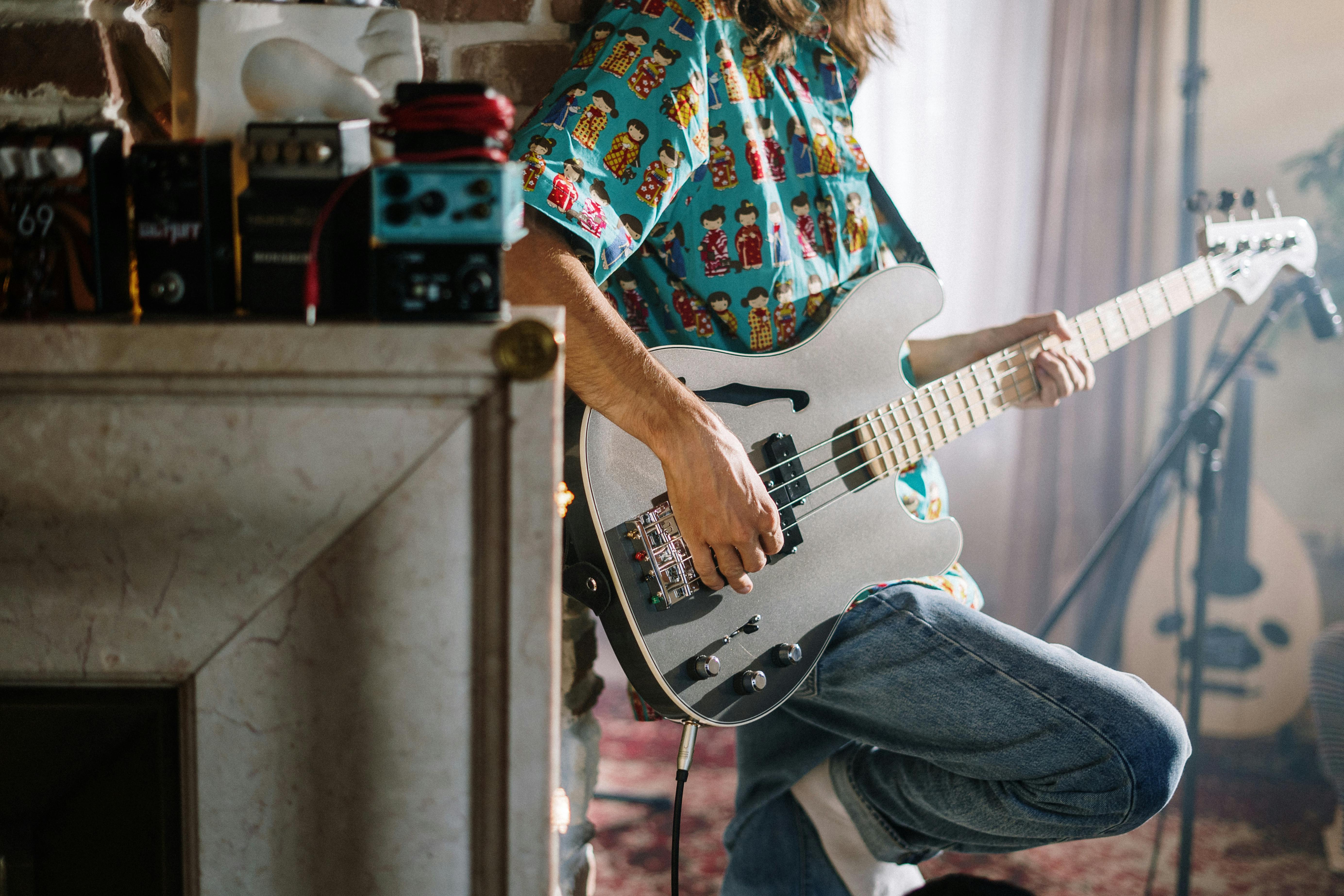
Overcome Stage Fright Without Weird Breathing Techniques
You’ve heard this suggestion before.
“Oh, are you nervous about the performance? Just take ten deep breaths, that’ll make it go away.”
The truth is: it won’t.
Now let me be clear on this: Yes, it will calm you down, but only for a short time.
But, when you’re on stage, nervousness kicks in again and you have better things to do than breathe deeply all the time (not to mention it looks weird, which will make you even more nervous).
Now, let’s go ahead and talk about why taking a deep breath won’t eliminate stage fright.
you are distracting
When you are about to go on stage, you want your brain to focus on only one thing:
Your presentation. Your musical is gone. your lines.
In short, whatever you are about to do.
The more focused you are on the task at hand, the better you will perform.
Think about driving a car: if you drive, smoke, and have a phone conversation, do you think you’ll drive as effectively as someone who only pays attention to what’s on the road?
Even drivers who “only” text are 23% more likely to cause an accident. As the Brain Injury Society points out, that’s as high as drinking four beers and driving.
And attention has a residual effect. That means that every time he works on a task and interrupts it to do something else, it takes a while for his brain to return to normal: about 25 minutes, according to Blake Thorne.
Conversely, someone who doesn’t mind their stage fright and can keep their mind focused on their performance doesn’t have to deal with these things.
He comes out and delivers.
you are fighting yourself
You’re already nervous. And contrary to popular belief, stage fright can be a blessing.
That’s because of something called the “inverted U hypothesis.” This hypothesis states that for each task, there is an arousal level that optimizes your performance. If you are too excited (that is, too nervous), you cannot perform the task as well.
What most people don’t realize is that you can also be too under-aroused (ie, too calm). That has a negative impact on your performance, but for different reasons.
When you’re too nervous, you forget the music or your lines or you shake too much and all the other fun stuff.
When you’re too quiet, your performance suffers because you’re bored and just “getting over it.”
But when your energy level is just right, you will enter what is known as the “Flow” state. All extraneous thoughts disappear and you just focus on what you are doing at the moment.
Of course, that sweet spot varies from task to task. For example, a powerlifter will need to psych himself up before attempting a world record snatch. A cardiac surgeon, on the other hand, has to be calm to perform complex surgery.
So if stage fright can be a good thing, why would you waste that precious resource trying to become a zen monk?
Here’s the thing: On a physiological level, anxiety and arousal are pretty much the same thing.
Most people who want to overcome stage fright try to eliminate anxiety.
But, as Earl Nightingale said, “Look at what most people are doing and do the exact opposite, and you’ll probably never go wrong as long as you live.”
So do the opposite. Channel that excess anxious energy and turn it into emotion.
Not only will it be easier to harness the energy than to remove it, but the end result will also be much better.
Websites Cited:
Jacob Masters, “Texting While Driving vs. Drunk Driving: Which is More Dangerous?”, Brain Injury Society, https://www.bisociety.org/texting-while-driving-vs-drunk- driving-which-is-more-dangerous/
Blake Thorne, “How distractions at work take longer than you think”, I Done This, http://blog.idonethis.com/distractions-at-work/